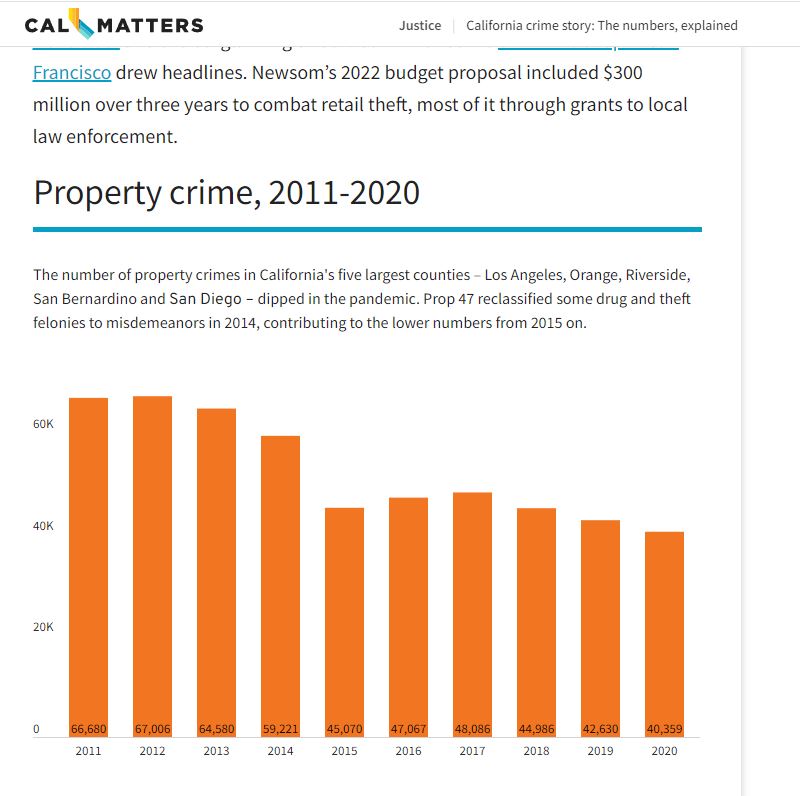In a surprising move, Gov. Gavin Newsom and Democratic lawmakers decided not to proceed with an anti-crime measure they had announced just a day before. This decision came after six months of political strategizing and debates over criminal justice policies. The proposal aimed to counter a tough-on-crime initiative backed by Republicans, district attorneys, and major retail stores, which is still set to appear on the November ballot. This Republican-backed measure seeks to roll back parts of Proposition 47, a law passed ten years ago that reclassified certain nonviolent felonies as misdemeanors.

Newsom wanted to present voters with an alternative that addressed concerns about theft and fentanyl without being as harsh as the Republicans’ measure. After intense negotiations, Democrats formalized their alternative in legislation on Sunday night, just before the deadline for drafting measures for the November ballot. The governor’s measure proposed making the third petty-theft-related offense within three years eligible for a three-year jail sentence. It also allowed for prosecuting multiple thefts as a felony if the stolen goods’ total value exceeded $950. Additionally, it included stricter penalties for drug dealers who sold fentanyl without the buyer’s knowledge.

Newsom described the plan as a balanced approach to reforming Proposition 47, aiming to prioritize public safety without reverting to outdated policies. However, this proposal contradicted his and the legislative leaders’ earlier stance of not altering Proposition 47, which was designed to reduce incarceration rates. The plan to vote on Newsom’s measure was already facing challenges, with many lawmakers leaving for the July 4 holiday and a looming deadline for Newsom to sign the legislation. Complicating matters further, Newsom decided to fly to Washington to support President Biden as he met with Democratic governors for his reelection campaign.

In his statement explaining the withdrawal of the measure, Newsom cited the tight timeline and the need for additional amendments to ensure its success. Despite claiming that the measure had enough votes to pass, some Democratic lawmakers revealed that it actually lacked sufficient support. This marked a rare instance of Democratic lawmakers opposing the governor on a major issue and highlighted the challenges faced by two new legislative leaders, Assembly Speaker Robert Rivas and Senate leader Mike McGuire.

The plan to draft an alternative measure fell apart due to opposition from progressive Democrats who were against stiffer penalties and from moderates who valued support from law enforcement groups backing the more conservative measure. Additionally, the Legislature’s Black caucus opposed the measure over concerns about its potential impact on Black Californians. The bill passed a procedural vote in the Assembly but did not secure a majority, an unusual occurrence for a bill supported by leadership. Republicans criticized the measure for including the phrase “Alexandra’s Law” without approval from the family of a young woman who died from fentanyl.

The collapse of Newsom’s measure is a significant victory for the California District Attorneys Association, which has long opposed Proposition 47. The association’s measure will now appear on the November ballot without any competing proposals. This simplifies the decision for voters, as noted by Daniel Conway from the California Grocers Association, which supported both measures. Newsom intends to sign the package of anti-crime bills soon, describing them as the most significant reforms in decades.

As of 2023, property crime rates in California have shown some fluctuations. The Public Policy Institute of California reported a slight increase in property crimes, including burglary and larceny, after a decline in previous years. This trend underscores the ongoing debate about the effectiveness of Proposition 47 and the need for balanced criminal justice reforms that address both public safety concerns and the goal of reducing incarceration. The Cal Matters website has not updated with figures after 2020. This is unsettling as the rates since 2020 have spiked.





